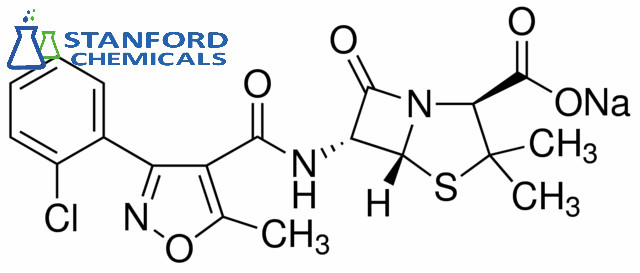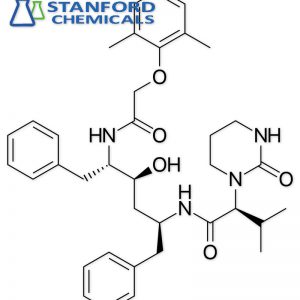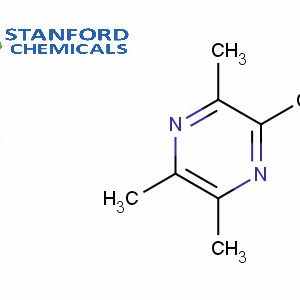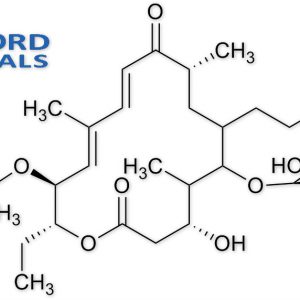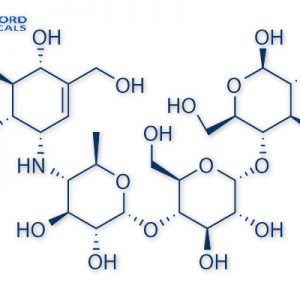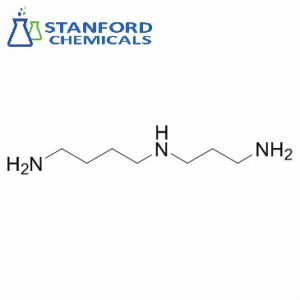- Home
- Pharmaceuticals
- (Discontinued) 040-000-165 Potassium Chloride (Pharmaceutical Grade)
(Discontinued) 040-000-165 Potassium Chloride (Pharmaceutical Grade)
Discontinued
- Type:APIs
- CAS No:7447
- Qty in 20′ FCL:25MT
- Min. Order:500KG
- QC:HACCP,KOSHER,HALAL,ISO,SGS,UKAS
- Packaging: Provide Neutral Packaging
Potassium Chloride(Pharmaceutical Grade) is one of the popular pharma grade chemicals in most countries.
- Description
Description
Pharmaceutical Grade Potassium Chloride Description
Potassium chloride is an inorganic compound with the chemical formula KCl. It appears similar to table salt, is odorless. It is commonly used as an additive in low-sodium salt and mineral water. Potassium chloride is a widely used electrolyte balance regulator in clinical settings, with proven efficacy. It is extensively applied across various medical specialties.
In its pure state, it has a white or colorless vitreous crystal appearance, with a crystal structure that cleaves easily in three directions. Potassium chloride crystals are face-centered cubic. Potassium chloride was historically known as “muriate of potash”.
This name is occasionally still encountered in association with its use as a fertilizer. Potash varies in color from pink or red to white depending on the mining and recovery process used. White potash, sometimes referred to as soluble potash, is usually higher in analysis and is used primarily for making liquid starter fertilizers. KCl is used in medicine, scientific applications, and food processing. It occurs naturally as the mineral sylvite and in combination with sodium chloride as sylvinite.
Pharmaceutical Grade Potassium Chloride Specification
| ITEM | STANDARD | |
| Appearance | White Crystalline Powder | |
| Assay | 99.0 ~ 100.5% | |
| Loss on drying | =< 0.5% | |
| Acidity and alkalinity | =< 0.1% | |
| Appearance of solution | Clear and colorless | |
| Iodides | No blue color is observed | |
| Bromides | =< 0.01% | |
| Heavy metals (as Pb) | =< 0.0005% | |
| Arsenic | =< 0.0001% | |
| Potassium | =< 0.05% | |
| Sulfates | =< 0.02% | |
| Phosphates | =< 0.0025% | |
| Aluminum | =< 0.00002% | |
| Nitrites | =< 0.01% | |
| Iron | =<0.0002% | |
| Magnesium & alkaline-earth metal | =<0.01% | |
Potassium Chloride Solubility
| Solvent | Solubility (g/kg of solvent at 25 °C) |
|---|---|
| Water | 360 |
| Liquid ammonia | 0.4 |
| Liquid sulfur dioxide | 0.41 |
| Methanol | 5.3 |
| Ethanol | 0.37 |
| Formic acid | 192 |
| Sulfolane | 0.04 |
| Acetonitrile | 0.024 |
| Acetone | 0.00091 |
| Formamide | 62 |
| Acetamide | 24.5 |
| Dimethylformamide | 0.17–0.5 |
Potassium Chloride (Pharmaceutical Grade) Properties:
- Appearance and Properties: White crystals have an extremely salty taste and are odorless and non-toxic.
- Easily soluble in water and glycerol, slightly soluble in alcohol, and insoluble in ether, acetone, and hydrochloric acid.
- Hygroscopic, prone to caking.
- The solubility in water increases rapidly with rising temperature and often undergoes double decomposition with sodium salts to form new potassium salts.
- Water Solubility: 342 g/L (20 ºC)
- Stability: Stable. Incompatible with strong oxidizing agents and strong acids. Keep dry due to its hygroscopic nature.
- Storage Conditions: 2–8 ºC
- Natural origin
- High-purity
- Particularly low content of secondary salts
- Complies with the European and US-American pharmacopoeias (Ph. Eur. and USP)
Potassium Chloride (Pharmaceutical Grade) Applications
- Treatment and Prevention of Hypokalemia: KCL formulations are commonly used to treat hypokalemia, which manifests as low serum potassium, which can lead to diuretics, severe cough, or tumor seeds being blocked.
- Potassium supplementation: In cases where patients are deficient in potassium due to certain diseases or treatments, KCl is administered orally or intravenously to replenish potassium levels and maintain normal body function.
- Electrolyte balance: As an essential electrolyte supplement, KCl is often used in therapeutic fluids to maintain electrolyte balance in the body, especially during severe burns, trauma, and major surgery developed after a prevalent electrolyte imbalance.
- Cardioprotection: KCl, a chemical compound used during cardiac surgery or treatment of certain heart conditions, helps protect heart muscles, prevent arrhythmias, and maintain normal cardiac function.
- Ingredients: KCL is also an ingredient in a variety of formulations, including long-term infusions and injections, to ensure firm absorption of the product into the body.


